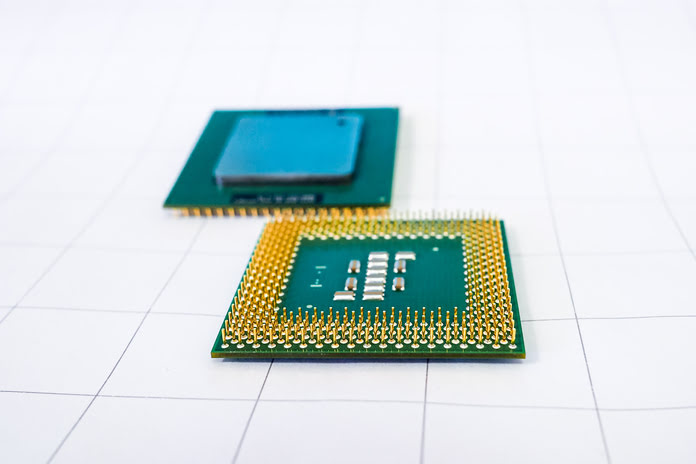Advanced Micro Devices (NASDAQ:AMD) has introduced the Versal Series Gen 2, a breakthrough in adaptive system-on-chip (SoC) technology. This launch encompasses the Versal AI Edge Series Gen 2 and Versal Prime Series Gen 2 adaptive SoCs, representing a significant advancement in end-to-end acceleration for AI-driven embedded systems. Compared to their predecessors, the Versal Series Gen 2 devices offer up to three times higher TOPs-per-watt for AI Edge Series devices and up to 10 times more scalar computing for AI Edge and Prime series devices. These improvements demonstrate AMD’s commitment to meeting the growing demand for AI-enabled embedded applications while addressing power and area constraints. The versatility of the Versal Series Gen 2 devices makes them suitable for various industries, including automotive, aerospace, defense, industrial, and healthcare.
Practical Applications
Subaru Corporation’s adoption of Versal AI Edge Series Gen 2 devices for their next-generation advanced driver-assistance system vision system, EyeSight, showcases the practical applications of this technology in enhancing vehicle safety features. The design of the Versal AI Edge Series Gen 2 devices is crafted to address the intricate processing demands of real-world systems. This architecture includes FPGA programmable logic for preprocessing, an array of vector processors for AI inference, and Arm CPU cores for postprocessing. This integration simplifies the design process, eliminating the need for multi-chip solutions and potentially reducing time-to-market.
Versal Prime Series Gen 2
The Versal Prime Series Gen 2 devices are tailored for conventional, non-AI-centric embedded systems, offering comprehensive acceleration with programmable logic for sensor processing and high-performance embedded Arm CPUs. With enhanced video processing capabilities, including compatibility with up to 8K multi-channel workflows, these devices have the potential to transform applications such as UHD video streaming, industrial PCs, and flight computers.
Support for Developers
AMD offers comprehensive support to developers through tools like the Vivado Design Suite and the Vitis Unified Software Platform, aimed at enhancing productivity and streamlining design cycles. The Vivado Design Suite tools and libraries improve productivity, while the Vitis Unified Software Platform empowers embedded software developers to design and deploy applications with ease, regardless of FPGA experience.
The introduction of AMD’s Versal Series Gen 2 devices marks a significant milestone in the advancement of embedded AI systems, providing unparalleled performance, scalability, and efficiency.
Anticipated availability in late 2025, these devices are set to reshape the landscape of embedded computing, driving innovation across diverse industries.
AMD Rides on Expanding Portfolio
AMD’s expanding portfolio is gaining traction in the autonomous driving landscape, as seen in its collaboration with Sony Semiconductor Solutions (SSS) for automotive Light Detection and Ranging (LiDAR) reference design. The integration of AMD’s adaptive computing technology promises superior accuracy, swift data processing, and reliability for autonomous vehicles. Additionally, AMD continues to broaden its FPGA portfolio with the introduction of the AMD Spartan UltraScale+ family, offering unmatched performance, power efficiency, and security features for edge applications. The AMD Embedded+ architectural solution combines AMD Ryzen Embedded processors with Versal adaptive SoCs onto a single integrated board, delivering scalable and power-efficient solutions.
Featured Image: Unsplash









